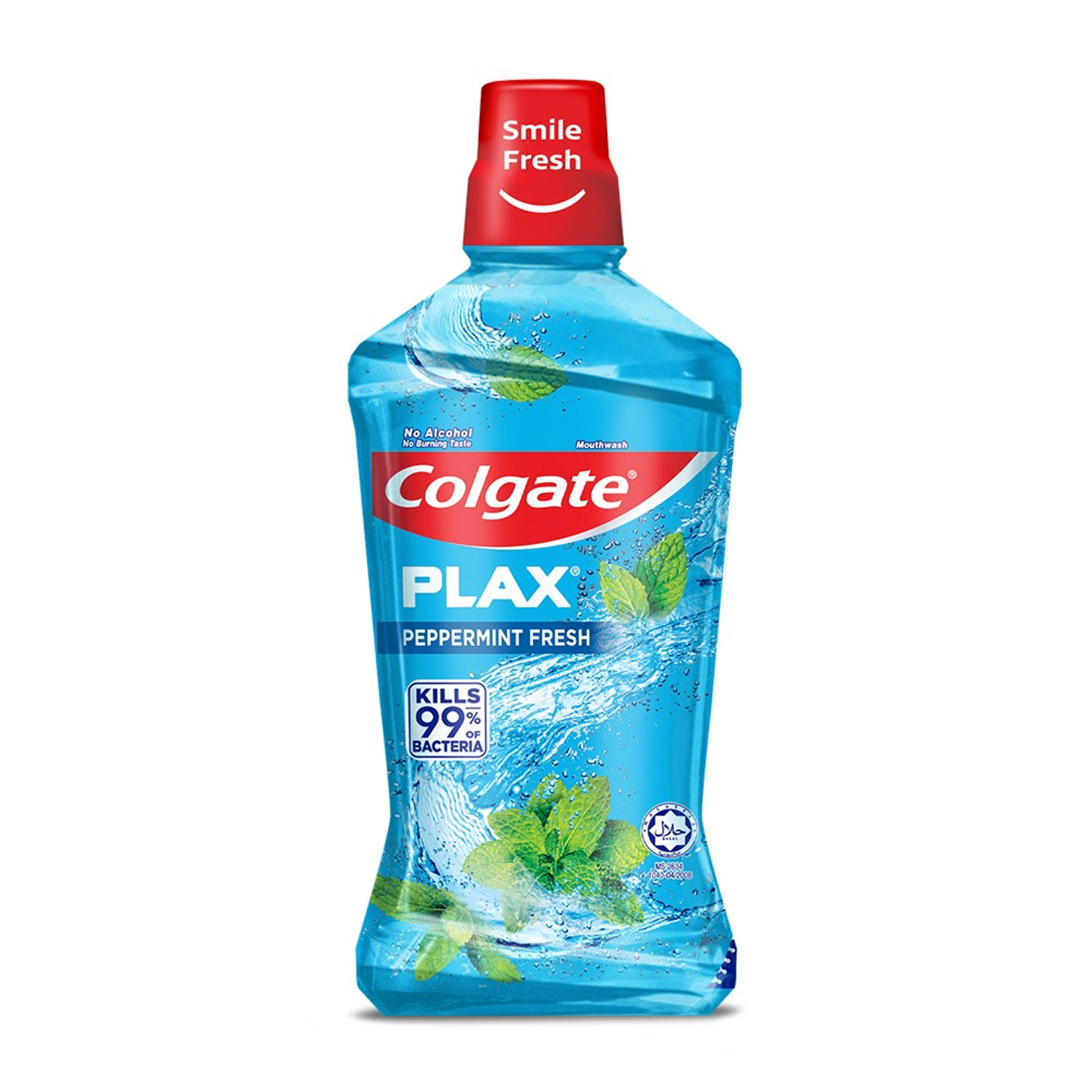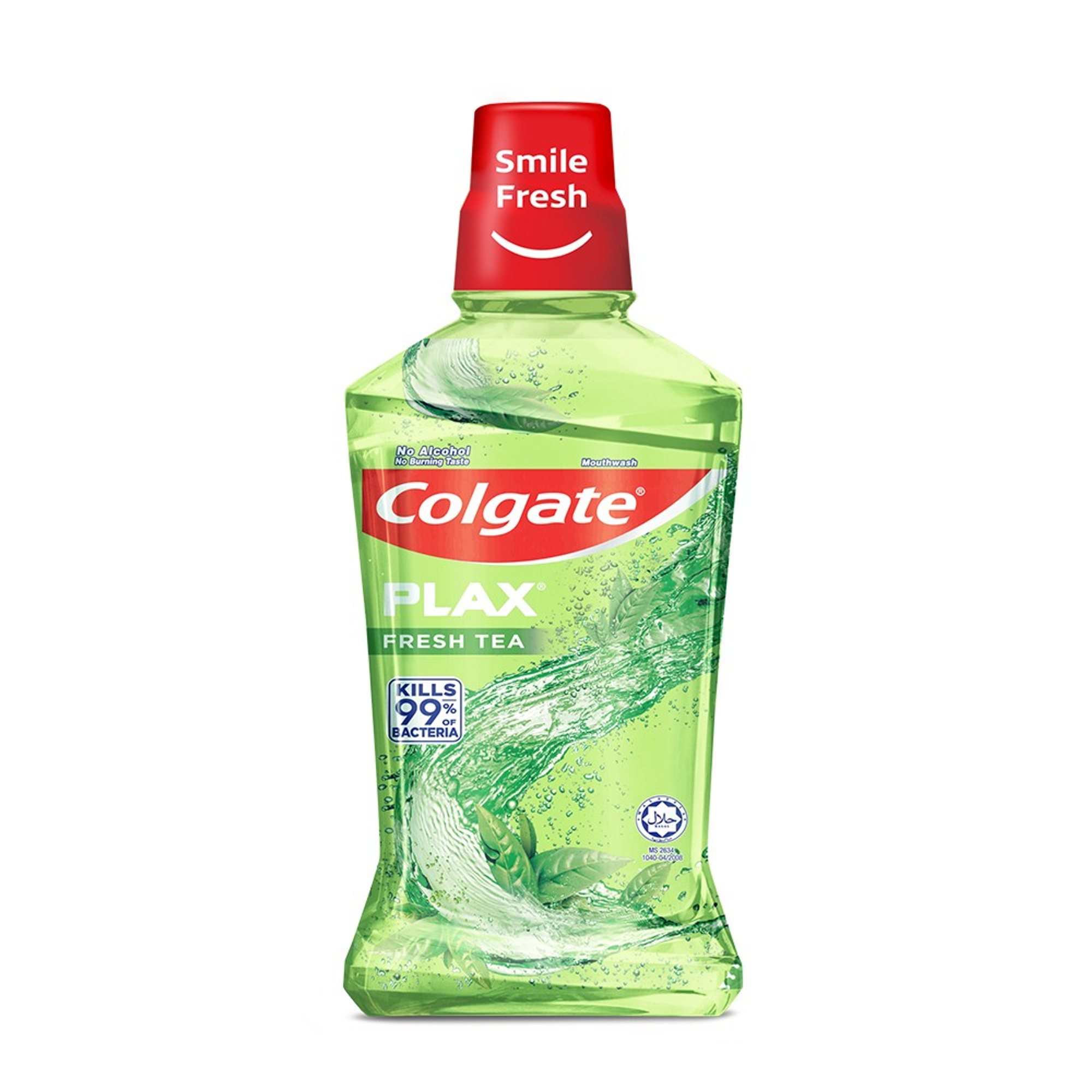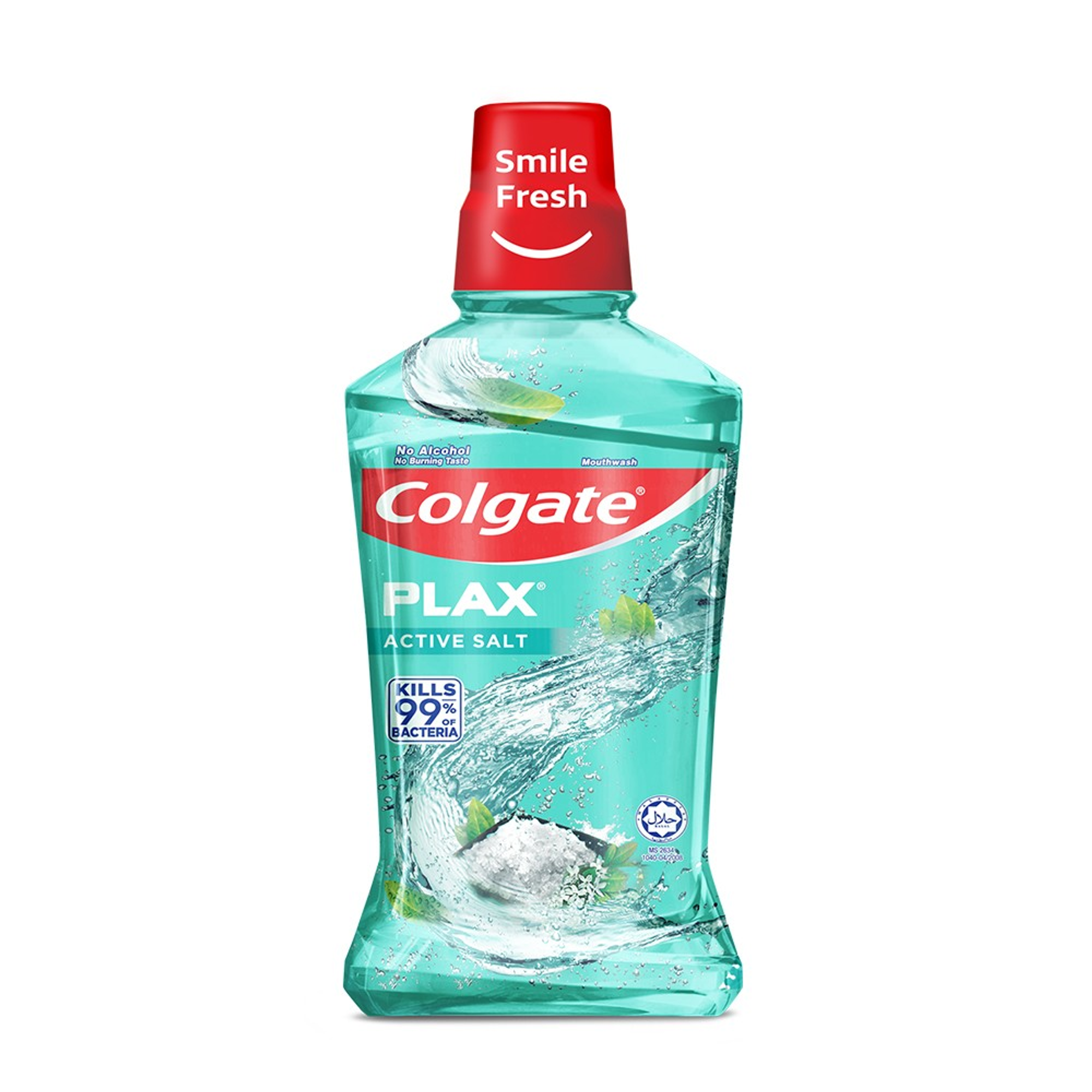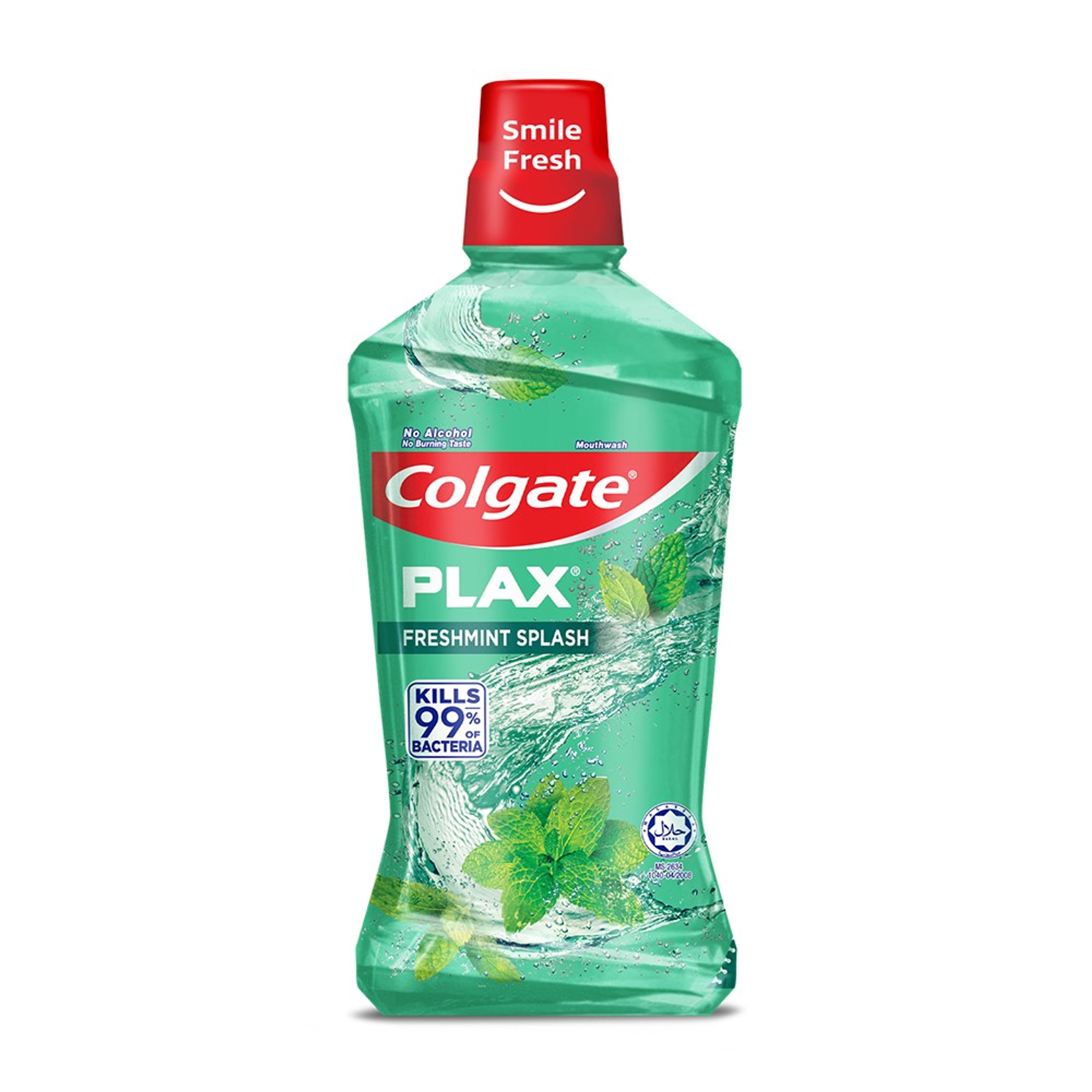What Causes Bad Breath?
So, what causes bad breath? Bad breath develops when odor-causing bacteria multiply inside the mouth, breaking down food particles and releasing sulfur compounds that lead to unpleasant breath odor. Poor oral hygiene, dehydration, and certain strong-smelling foods like garlic and onions can make these effects worse. In addition, dental issues such as gum disease can create pockets where bacteria thrive, intensifying the odor. Understanding the exact bad breath causes helps you take targeted action for prevention and long-term freshness.
Oral Health Issues
Most cases of bad breath start within the mouth itself. Food particles that remain stuck between teeth or gums release unpleasant mouth odor. Common dental problems such as gum disease and tooth decay worsen the situation. A persistent smell may also indicate an underlying medical issue. Conditions such as acid reflux can contribute to odor from the stomach. Identifying what causes bad breath at its source helps prevent the problem and maintain better oral health.
Medical Conditions
Sometimes, persistent halitosis points to an underlying condition beyond the mouth. Common causes of bad breath include xerostomia, periodontal disease, and digestive disorders like GERD (Gastroesophageal Reflux Disease). When acid from the stomach travels upward, it can create a sour or unpleasant odor in the mouth. Chronic infections or systemic health problems can also worsen mouth odor. Always seek medical advice from a dentist to identify and manage the condition.
How to Get Rid of Bad Breath?
Fresh breath starts with maintaining good oral hygiene and consistent care. The most effective bad breath solution targets the root causes: bacterial buildup, dry mouth, and poor oral habits. Read on to discover how to prevent bad breath permanently through effective and easy habits.
Maintain Good Oral Hygiene:
One simple remedy of bad breath is to brush your teeth twice daily with fluoride toothpaste. Combined with flossing, it helps to remove trapped food and plaque. This prevents odor-causing bacteria from multiplying. Cleaning your tongue using a scraper or soft toothbrush also helps reduce bacteria that cause bad breath.Stay Hydrated and Drink Water Regularly:
A dry mouth makes it easier for bacteria to thrive. Drinking water throughout the day stimulates saliva production and washes away food particles. Proper hydration is one of the simplest ways to keep your mouth fresh and healthy.Use Sugar-Free Gum or Candy:
Chewing sugar-free gum or sugar-free candy stimulates saliva, helping to neutralize acids and naturally freshen your breath. These small habits work like a gentle deodorizing solution between brushings.Improve Your Diet with Probiotics:
Adding probiotics through foods like yogurt or supplements can balance oral bacteria and promote fresher breath. Avoiding strong-smelling foods such as garlic or onions also helps prevent bad odors from developing.Use an Antibacterial Mouthrinse:
Rinse daily with an antibacterial mouthwash to fight odor-causing bacteria. This step enhances your oral care routine and supports long-lasting freshness.Visit Your Dentist Regularly:
Combining consistent good oral hygiene with effective products like a mouthwash ensures a strong remedy for bad breath. These daily habits help you maintain fresh breath throughout the day.
Start with Excellent Oral Hygiene
Practicing good oral hygiene is the most effective and long-term solution for maintaining fresh breath and a healthy mouth. The best answer to “how to prevent bad breath?” is following a consistent daily routine that targets plaque, bacteria, and leftover food particles.
Brush Twice Daily: Brush with a fluoride toothpaste twice a day to remove plaque and food debris. If the food particles remain in the mouth, it can lead to bad breath and tooth decay. Brushing your teeth for two minutes ensures a clean and odor-free mouth.
Floss Every Day: Brushing alone cannot reach tight spaces between teeth. These are the areas where bacteria and food particles often hide. Flossing helps clean these areas thoroughly, reducing the buildup of plaque and keeping your breath fresh.
Clean Your Tongue: The tongue is one of the main sources of odor-causing bacteria. Gently scrape it with a tongue scraper or brush it with your toothbrush. This helps to remove the layer of buildup in the tongue that can cause unpleasant breath.
Replace or Upgrade Your Toothbrush: Replace your toothbrush with a new one every three months. For a more effective clean, consider switching to an electric toothbrush. It may help remove plaque and bacteria more effectively than manual toothbrushes.
- Rinse After Brushing: Using a gentle mouthrinse after brushing can wash away loosened particles and freshen your breath. This step adds an extra layer of protection and completes your daily oral care routine.
At-Home Remedies for Bad Breath
If you are looking for natural and simple ways to maintain fresh breath, several bad breath remedies home techniques can effectively complement your daily oral care routine. These remedies target bacteria, reduce plaque buildup, and help keep your mouth clean between dental visits.
Stay Hydrated: Drinking plenty of water throughout the day helps wash away food particles and bacteria. A hydrated mouth also promotes saliva flow, which naturally cleanses your mouth and prevents odor.
Gargle with Salt Water: A warm saltwater rinse is one of the oldest home remedies for fighting bacteria and soothing irritated gums. It helps reduce mouth odor and maintains a healthier oral environment.
Use Baking Soda: Occasionally brushing with baking soda can help neutralize acids and odors in your mouth. It also helps prevent excessive plaque buildup, which is one of the main contributors to persistent bad breath. Exercise caution when using baking soda remedies for your mouth.
Oil Pulling: Swishing coconut or sesame oil for a few minutes each morning helps remove toxins, bacteria, and food residue. This traditional method freshens breath naturally and supports overall oral health.
Chew Sugar-Free Gum or Candy: Chewing sugar-free gum or sucking on sugar-free candy stimulates saliva production, which helps rinse away debris and bacteria. This simple habit helps you maintain fresher breath throughout the day.
Consider Digestive Health: In some cases, foul odor originates from the digestive system. Thinking of how to eliminate bad breath from stomach involves avoiding overly acidic or spicy foods. This helps in managing acid reflux with proper medical or dietary guidance.
While these at-home practices can make a noticeable difference, consulting a dental professional for persistent bad breath is essential. They can identify deeper causes like gum disease or decay and recommend the right treatments for lasting freshness and oral health.
Using a Targeted Mouthwash
A reliable mouthwash for bad breath is one of the most effective tools for long-lasting freshness. Using a mouthwash such as the Colgate Plax Peppermint Fresh provides extended freshness. Its alcohol-free formula reduces burning sensation, making it suitable for everyday use. When used twice daily, it can help in removing plaque and bacteria while promoting overall oral health.
Regular rinsing not only freshens breath but also supports gum health and reduces the recurrence of odor-causing bacteria. A mouth spray for fresh breath is another option to temporarily avoid bad breath during the day. However, a good rinse with a reliable mouthwash can help you avoid morning breath and take up the day with more freshness.
When to See a Dental Professional?
If a persistent odor continues despite maintaining good oral hygiene, it is time to consult a healthcare professional or dentist. A thorough evaluation helps identify hidden causes and determine how to get rid of bad breath effectively. Halitosis or bad breath caused by conditions like postnasal drip, gum disease, or dry mouth may require professional treatment rather than just home care.
Your dentist can also check for issues with dentures or a retainer, as poorly cleaned appliances often trap food particles and bacteria that lead to bad odor. In some cases, a periodontist, a specialist in gum health, may be needed to treat advanced gum infections or periodontal problems contributing to halitosis.
Professional cleanings help remove plaque and tartar buildup in areas you cannot reach with brushing or chewing gum alone. If dry mouth is the issue, your dentist may recommend artificial saliva products to maintain moisture and prevent bacterial growth. Partnering with your dental healthcare provider for regular checkups and cleanings ensures long-term freshness, improved oral hygiene, and confidence in social settings. Seeking expert advice early prevents complications and keeps your smile healthy and odor-free.
Frequently Asked Questions
- How Can I Permanently Cure Bad Breath?
Maintaining strong oral hygiene is crucial for lasting freshness. Brush twice a day, floss regularly, clean your tongue, and use antibacterial mouthwash. Stay hydrated, avoid foods with strong odors, and visit your dentist for routine checkups to prevent any hidden oral problems.
Why Does My Breath Smell Bad?
Bad breath can result from poor hygiene, food particles stuck between teeth, smoking, or medical issues like sinus infections and acid reflux. Identifying the exact reason is key to finding the right solution.
Why Do I Still Have Bad Breath Even After Brushing?
Persistent odor after brushing may be due to bacteria on your tongue, gum disease, or digestive issues. Cleaning your tongue and visiting your dentist for professional cleaning can help.
What Mouthwash is Best for Bad Breath?
Colgate Plax Peppermint Fresh Mouthwash is a great option. It kills 99% of bacteria, provides long-lasting freshness, and protects your gums and enamel with an alcohol-free formula.














